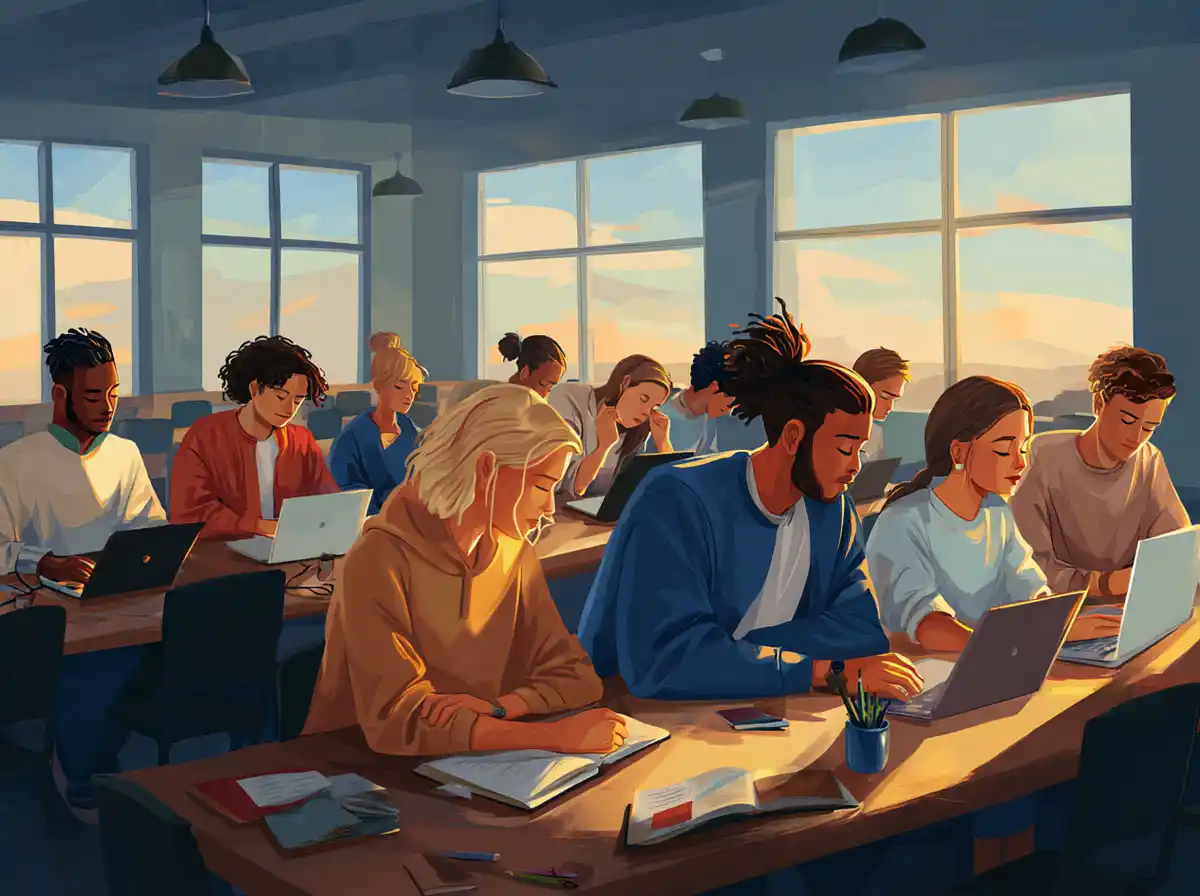Understanding Natural Elements
Gamta – Nature
This word encompasses all the natural aspects of the world, including forests, rivers, and mountains.
Mėgstu vaikščioti gamtoje ir klausytis paukščių giesmių.
Miškas – Forest
A large area covered chiefly with trees and undergrowth.
Vakar mes ėjome pasivaikščioti po mišką.
Upė – River
A large, flowing body of water that usually empties into a sea or ocean.
Neries upė teka per Vilnių.
Kalnas – Mountain
A large natural elevation of the earth’s surface rising abruptly from the surrounding level.
Aukščiausias Lietuvos kalnas yra Aukštojas.
Žemė – Earth/Soil
The substance that plants grow in; also used to refer to the planet we live on.
Ūkininkai dirba žemę, kad augintų derlių.
Gyvūnas – Animal
A living organism that feeds on organic matter, typically having specialized sense organs and nervous system.
Miške gyvena daug įvairių gyvūnų.
Gėlė – Flower
The seed-bearing part of a plant, consisting of reproductive organs that are typically surrounded by a brightly colored corolla.
Pavasarį pievos pilnos žydinčių gėlių.
Vėjas – Wind
The natural movement of the air, especially in the form of a current of air blowing from a particular direction.
Šiandien labai stiprus vėjas.
Saulė – Sun
The star at the center of our solar system, around which the earth orbits.
Saulė šviečia visą dieną.
Vanduo – Water
A transparent, tasteless, odorless, and nearly colorless chemical substance that is the main constituent of Earth’s streams, lakes, and oceans.
Žmogaus kūną sudaro apie 60% vandens.
Exploring Artificial Elements
Dirbtinis – Artificial
Made or produced by human beings rather than occurring naturally, typically as a copy of something natural.
Šis sodas pilnas dirbtinių gėlių.
Pastatas – Building
A structure with a roof and walls, such as a house, school, store, or factory.
Seniausias pastatas mieste yra rotušė.
Kelias – Road
A wide way leading from one place to another, especially one with a specially prepared surface that vehicles can use.
Kelias į mokyklą yra labai ilgas.
Automobilis – Car
A road vehicle, typically with four wheels, powered by an internal combustion engine or electric motor.
Mano automobilis sugedo ir aš turėjau kviesti pagalbą.
Robotai – Robots
Machines capable of carrying out a complex series of actions automatically, especially those programmable by a computer.
Ateityje robotai gali pakeisti žmones kai kuriuose darbuose.
Plastikas – Plastic
A synthetic material made from a wide range of organic polymers such as polyethylene, PVC, etc., that can be molded into shape while soft and then set into a rigid or slightly elastic form.
Plastikas yra labai paplitusi medžiaga mūsų kasdieniniame gyvenime.
Kompiuteris – Computer
An electronic device for storing and processing data, typically in binary form, according to instructions given to it in a variable program.
Šiandien mes visi dirbame prie kompiuterių.
Telefonas – Telephone
A system for transmitting voices over a distance using wire or radio, by converting acoustic vibrations to electrical signals.
Ar galiu pasiskolinti tavo telefoną, kad paskambinčiau mamai?
Laikrodis – Clock
A mechanical or electrical device for measuring time, indicating hours, minutes, and sometimes seconds.
Mano laikrodis sustojo, reikia pakeisti bateriją.
Fabrikas – Factory
A building or group of buildings where goods are manufactured or assembled chiefly by machine.
Šis fabrikas gamina automobilių dalis.
Contextual Usage
Understanding how to use these words in different contexts is crucial for mastering Lithuanian. Here are some sentences that combine both natural and artificial elements to help you see the contrast and integration in daily life.
Vaizdas – View
A sight or prospect, typically of attractive natural scenery.
Iš šio pastato viršaus atsiveria nuostabus vaizdas į gamtą.
Technologija – Technology
The application of scientific knowledge for practical purposes, especially in industry.
Šiuolaikinė technologija leidžia mums tyrinėti gamtą naujais būdais.
Architektūra – Architecture
The art or practice of designing and constructing buildings.
Šio miesto architektūra puikiai dera su natūralia aplinka.
Ekologija – Ecology
The branch of biology that deals with the relations of organisms to one another and to their physical surroundings.
Ekologija yra svarbi mokslinė sritis, tyrinėjanti gamtos ir žmogaus sąveiką.
Miesto parkas – City Park
An open space in a city, often with trees, grass, and recreational facilities, for public use.
Miesto parkas yra puiki vieta pabėgti nuo miesto šurmulio ir pasimėgauti gamta.
Aplinkosauga – Environmental Protection
The practice of protecting the natural environment by individuals, organizations, and governments.
Aplinkosauga yra svarbi, kad išsaugotume gamtą ateities kartoms.
Priemonės – Measures
Actions or devices intended to achieve a particular result.
Įmonės diegia naujas priemones, kad sumažintų savo poveikį gamtai.
Inovacijos – Innovations
The action or process of innovating, introducing new ideas, methods, or products.
Inovacijos technologijų srityje keičia mūsų požiūrį į gamtą.
Sintezė – Synthesis
The combination of components or elements to form a connected whole.
Šis projektas yra sintezė gamtinių ir dirbtinių elementų.
Urbanizacija – Urbanization
The process of making an area more urban.
Urbanizacija dažnai kelia iššūkių gamtos išsaugojimui.
Conclusion
The interplay between natural and artificial elements is a fascinating aspect of the Lithuanian language and culture. By understanding and using the vocabulary related to both realms, language learners can gain a richer, more nuanced appreciation of Lithuanian. Whether you are talking about a walk in the forest or the latest technological innovations, these words will help you articulate your thoughts clearly and accurately.
Remember, language learning is not just about memorizing words but also about understanding their context and usage. By exploring the terms related to nature and artificiality, you can build a more comprehensive and meaningful vocabulary in Lithuanian. Happy learning!










